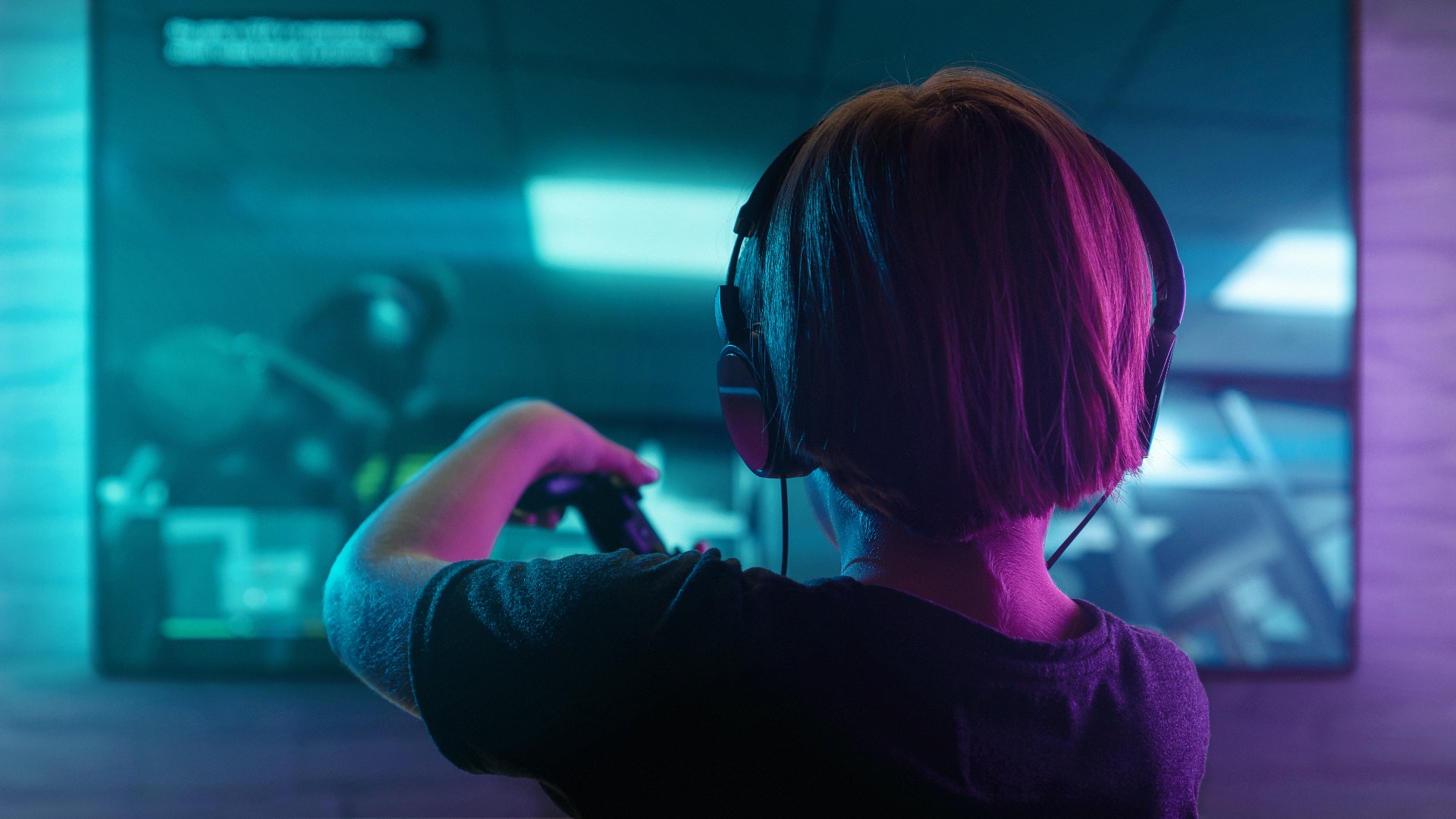SEATTLE — Video games can be an entertaining recreational activity, but for some, they can become addicting.
“They really tap into many elements that are human,” said Dr. Hilarie Cash, co-founder of reSTART Life. “Because of that, we can be so stimulated by them and so drawn into them that we actually become addicted to them.”
Practicing moderation is crucial. Research has shown that for children, especially teenagers, no more than two hours of screen entertainment is ideal.
“I think it’s really important that we be patient with ourselves and we understand that we’re probably all going to be using screens for entertainment more now,” Dr. Cash said. “What’s important is that it not become the new normal and when this time has passed, we can return to sensible limits.”
Sensible limits can be decided on as a family, including setting daily time limits and agreeing to turn devices off an hour before bedtime.
Gaming addiction operates the same way as other addictions, including drugs, alcohol and gambling and changes chemicals in the brain.
“For one person it can just be a recreational behavior and for someone else it can be something their brain actually prioritizes as more important than food, sleep, physical activity, etc.,” said Tana Russell, Assistant Director, Evergreen Council on Problem Gambling.
There can also be a gambling element of online gaming. Although a game can be considered free to play, some people are spending thousands of dollars on added features, including loot boxes. Loot boxes offer players surprise rewards and features they can’t get without paying.
Those looking to cut back on gaming but aren’t able to do so may need to explore treatment options. Online resources and screenings are available, as well as treatments designed specifically for internet addiction.
The impact of gaming addiction on children can include delays in social development because of so much time in front of a screen, but treatment can provide good outcomes.
“We have a high success rate,” said Dr. Cash. “We see adolescents who come in just angry, depressed, anxious, and bitter at their parents for sending them to reSTART and then we hear from the families later that the kids are doing well. They’re very successful.”
Many resources are available online right now, including telehealth visits and support groups.
Sponsored by Recovery Cafe. Segment Producer Joseph Suttner. Watch New Day Northwest 11 AM weekdays on KING 5 and streaming live on KING5.com. Contact New Day.

